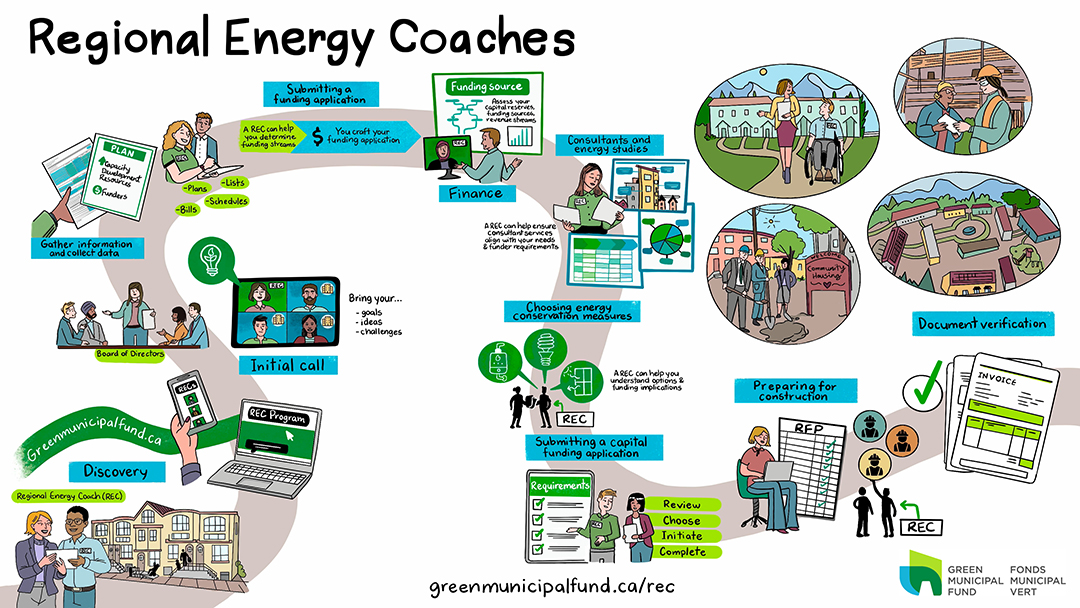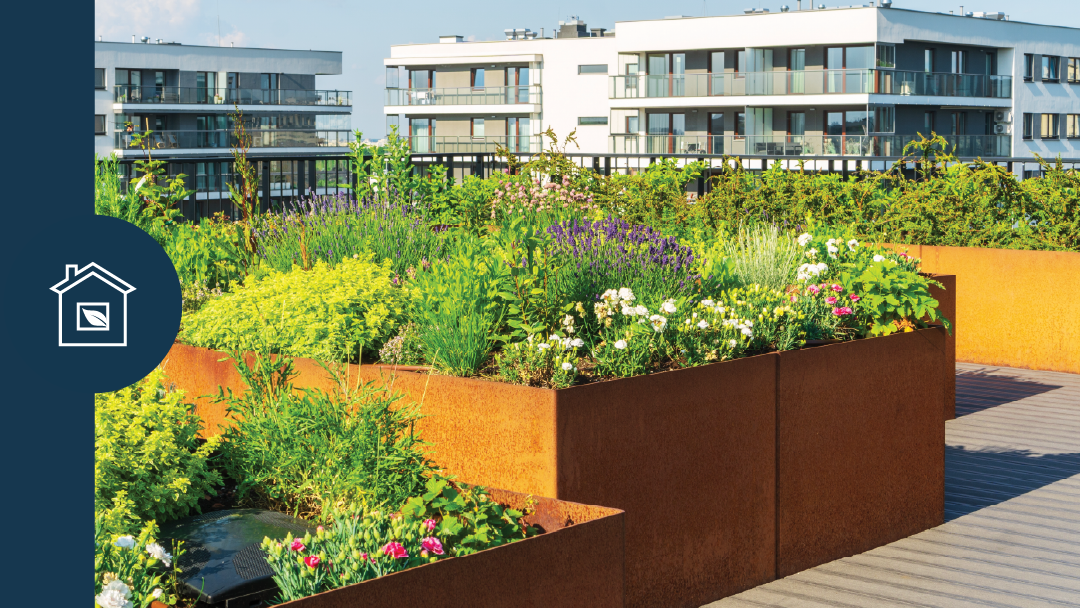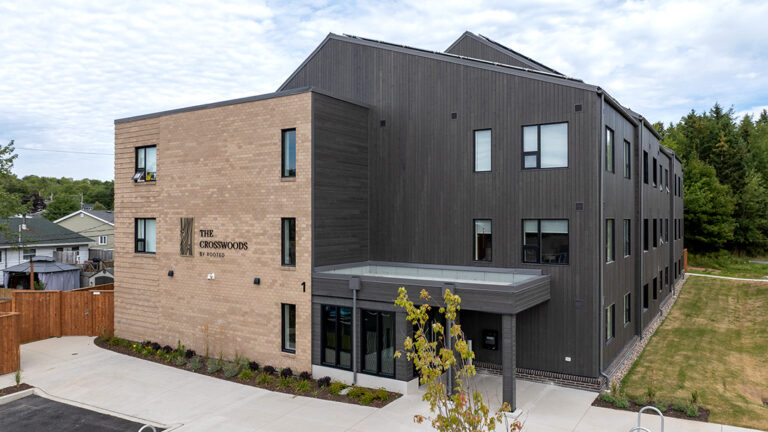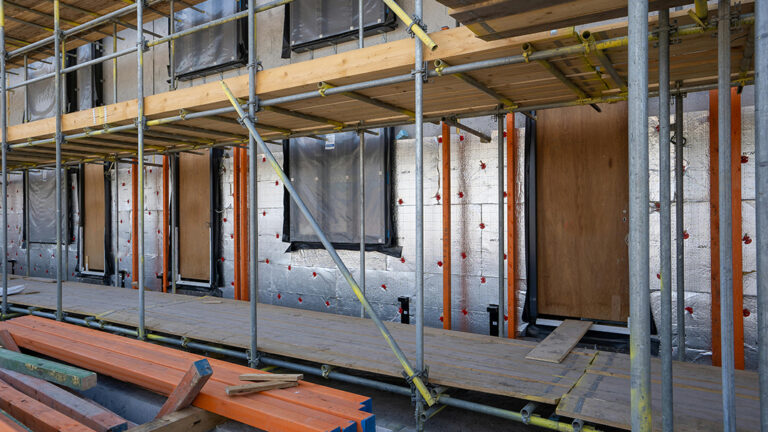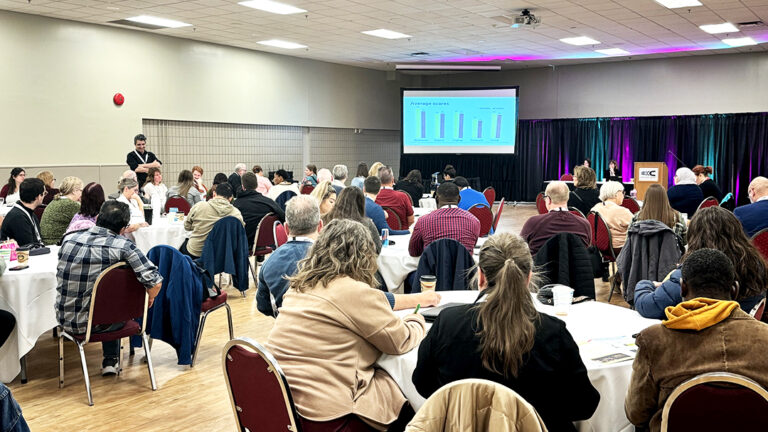In the current real estate context, where environmental as well as economic and social issues are at stake, the Regional Energy Coaching (REC) program meets a growing demand in the community housing sector to reduce the environmental footprint, ensure sustainability and maintain affordability.
This program offers free support for renovations and green building across Canada. Community housing providers (nonprofits and cooperatives) wishing to bring down their environmental footprint can call on experts to help them with:
- Personalized advice: RECs offer tailor-made assistance, from energy assessments to assistance with financing applications, technical support, and collaboration with consultants.
- Strategic planning: RECs can help identify retrofit opportunities, assess project feasibility, and understand available technologies and financing mechanisms.
- Hands-on support: RECs work closely together in one-to-one sessions to ensure that the knowledge and tools needed for success are available.
The Regional Energy Coach (REC) program: a multidisciplinary approach, promoting a multi-level impact
The REC program’s strength lies in offering community housing providers with a diverse array of support, customized to their unique needs and specific situations.
In addition to the program’s financial benefits, the services offered by the coaches help build housing providers capacity. To this end, their mandate is to transfer their knowledge to housing managers to strengthen their skills in setting up and managing projects.
“We wouldn’t have been able to find and obtain all this information without the support of the RECs. As a non-profit organization, our capacities are very limited. The REC stepped in and really showed us the way forward, providing all the necessary information and funding sources.”
“As we advance in this field and make progress, I see the REC as a mentor. He shares his resources, answers our questions and guides us effectively.”
Over the long term, these measures and collective efforts contribute to:
- Empower community housing providers
- Minimize greenhouse gas emissions
- Increase building value
- Maintain the lowest possible rents by achieving both short- and long-term savings
Strategic partnerships for enhanced energy efficiency across the country
The REC pilot project was launched in 2020, under an agreement between the Centre and the Green Municipal Fund (GMF) of the Federation of Canadian Municipalities (FCM).
Alongside the Centre, the BC Non-Profit Housing Association (BCNPHA) and the Co-operative Housing Federation of Canada (CHF Canada) also offered REC services.
“The advisor provides very good guidance, and the exchange of ideas about the project is both pertinent and energizing.”
“Our REC guided and encouraged us to apply for renovation funding, even though there was only a week left before the deadline. He was able to put us in touch with a company that provided us with the quotes we needed within days. Without him, we would not have gotten the grant.”
The year 2023-2024 coaches supported 158 organizations, including support identifying funding opportunities, assistance with portfolio planning, and support working with energy consultants.
Due to positive outcomes, industry support, and the significant potential of energy efficiency initiatives in affordable housing, the REC program has been extended until March 2026.
Since July 2024, the Centre, which oversees the program’s implementation and management, has been collaborating closely with partners throughout Canada, and has agreements with the following organizations who are hosting a REC:
For non-profit organizations:
- Atlantic – The Clean Foundation
- British Columbia – BC Non-Profit Housing Association
- Northern and Indigenous communities – Indigenous Clean Energy
- Prairies – Manitoba Non-Profit Housing Association
- Ontario and Quebec – The Centre
For cooperatives:
- All regions except Quebec: Co-operative Housing Federation of Canada
- Quebec – and The Centre
Since the beginning of the REC program, services were delivered nationwide, with a particular emphasis on Ontario and British Columbia. Other provinces and territories saw varying levels of participation. A key goal of the program’s expansion is to address this disparity by raising awareness, broadening the project’s scope, and reaching more service providers.
The Slocan Valley Housing Society, a seniors’ residence in British Columbia, exemplifies how the REC program operates in collaboration with the BC Non-Profit Association. These efforts resulted in improvements that not only extended the building’s lifespan, but also significantly improved the quality of life for its residents.
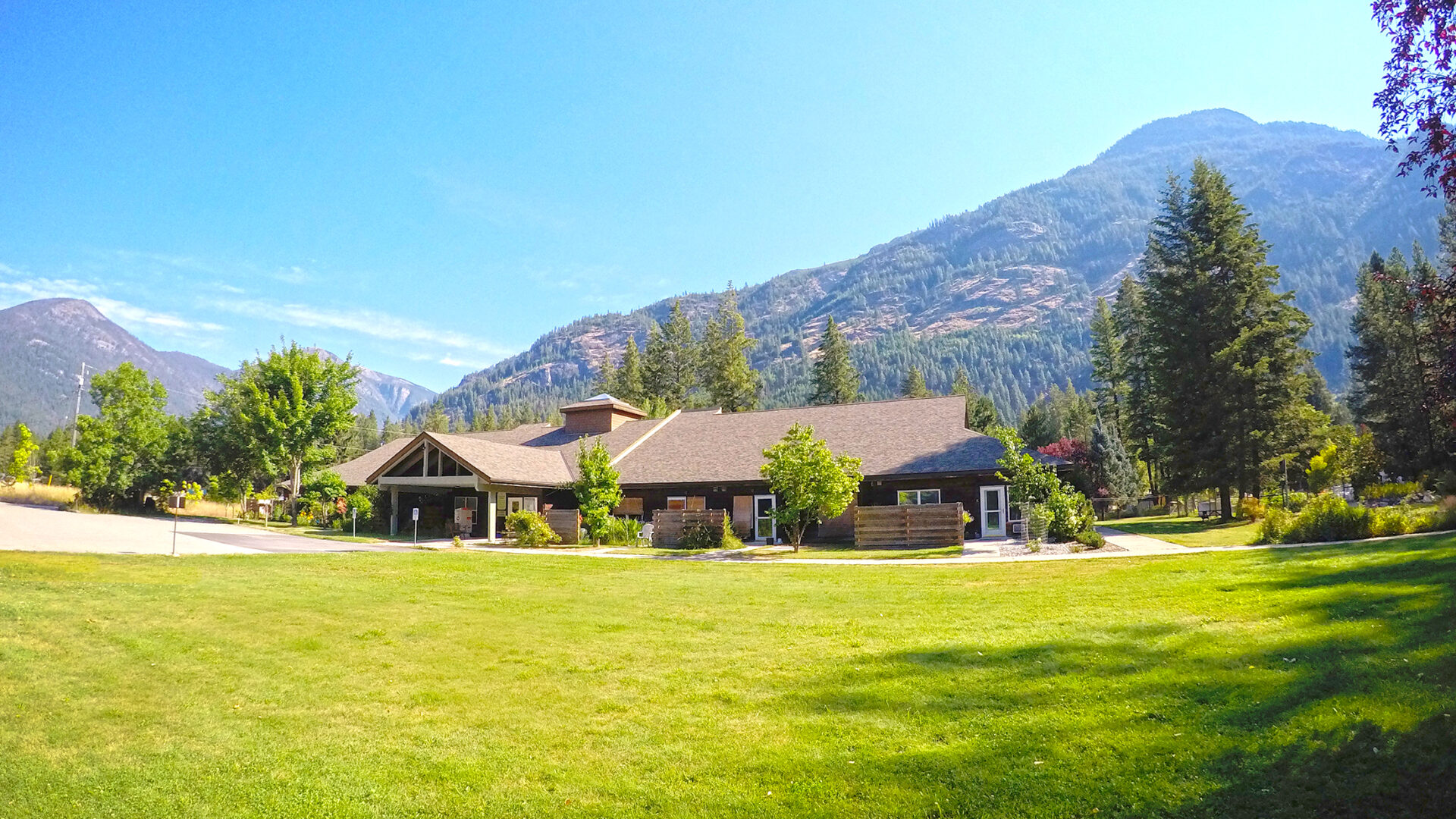
The role of the community sector in countering climate change
Housing is a major contributor to humanity’s negative environmental balance sheet. The Centre believes that community housing should take a leading role in developing and implementing new standards, methods, and approaches to minimize the environmental impact of construction and alleviate pressure on our planet.
Unlike traditional building practices that promote individualism and real estate speculation, community housing emphasizes sustainability, conviviality, and social integration. The participatory, non-speculative structure of community housing also enables more intelligent land use, avoiding destructive real estate projects.
It serves as a robust defense against climate change, promoting an ecological approach centered on resource efficiency, shared spaces, and a long-term vision. By minimizing individual environmental footprints through shared systems and choosing construction methods that protect local ecosystems, it contributes to better management of natural resources.
That is why the Centre has joined forces with the Green Municipal Fund to help community housing providers and their residents reduce their environmental impact.
“At the heart of the REC program lies the steadfast dedication of the Centre, serving as the program lead and catalyst for partnerships. With a mission to drive innovation and sustainability within the affordable housing sector, the Centre has played a pivotal role in shaping the REC program’s trajectory and impact. The Centre serves as a guiding force, bringing together stake holders from diverse backgrounds to create meaningful change in our communities.”
Stephan Richard, Director of development at the Centre
Sources: figures and charts GMF
